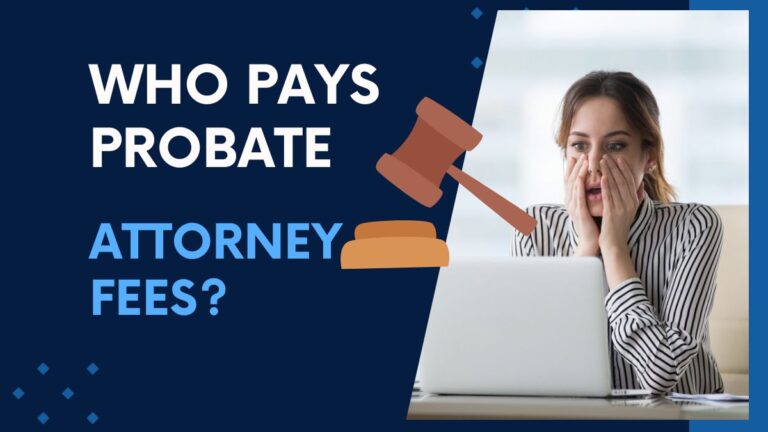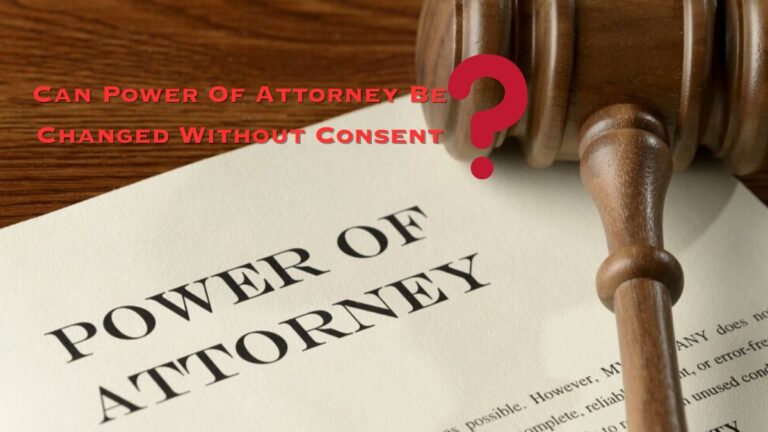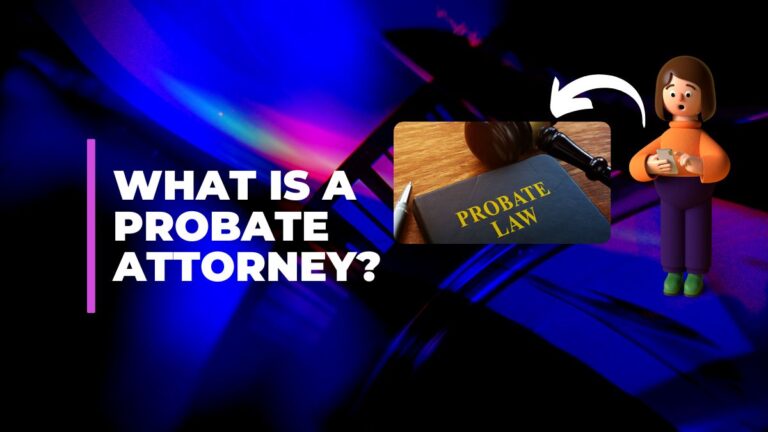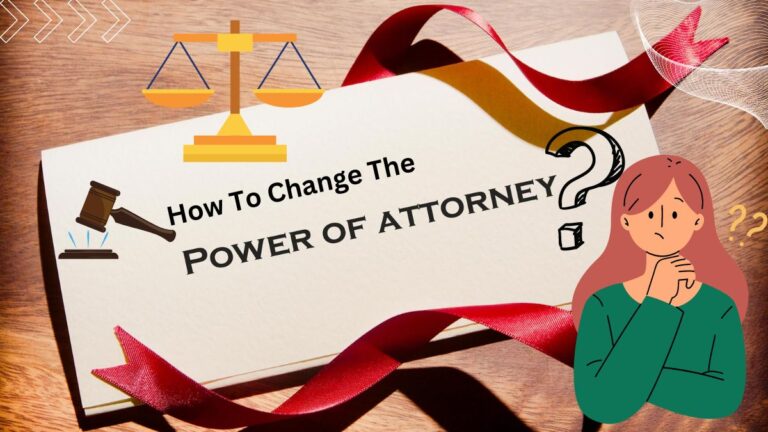How To Respond To Divorce Papers Without An Attorney?
Navigating through a divorce can be overwhelming, especially when faced with the task of responding to divorce papers. While it may seem daunting to go through this process without legal representation, it is indeed possible to respond to divorce papers without an attorney.
In this blog post, we will explore the pros and cons of taking on this challenge alone and provide you with step-by-step guidance on how to file your response effectively. So grab a cup of coffee and let’s dive into the world of responding to divorce papers without an attorney!
How to Respond to Divorce Papers Without an Attorney?
- Understand the Timeframe and Requirements:
The first step to responding to divorce papers without an attorney is understanding the timeframe within which you need to respond. Divorce laws vary by jurisdiction, so make sure you familiarize yourself with the specific requirements of your state or country. Take note of any deadlines or filing fees that may apply. - Gather and Review the Documents:
Carefully read through all the divorce papers you received, including the summons and complaint. Make note of any allegations or requests made by your spouse in these documents. Understanding what is being asked of you will help you formulate a response. - Research Your Rights and Options:
Educate yourself on your legal rights during a divorce proceeding, as well as various options available to you regarding child custody, property division, alimony, etc. There are many online resources that can provide valuable information specific to your situation. - Prepare Your Response:
Drafting your response requires attention to detail and organization. Address each allegation or request made in the divorce papers individually and provide concise but clear explanations for disputing or agreeing with them. - Seek Assistance from Legal Aid Organizations:
If navigating this process becomes overwhelming, consider reaching out to local legal aid organizations for guidance or assistance in preparing your response. - File Your Response with Proper Formatting:
Once your response is ready, ensure it meets all formatting requirements specified by the court where your case is being heard – such as font size, margins, and line spacing – before filing it either electronically or physically at the designated courthouse.
Remember that even though you’re not using an attorney, it’s crucial to approach this process with care and diligence while maintaining open lines of communication with both the court system and your soon-to-be former spouse if necessary.
Pros and Cons of Responding to Divorce Papers Without an Attorney
- When faced with divorce papers, many people wonder if they can handle the process on their own or if it’s necessary to hire an attorney. There are pros and cons to both options, so let’s explore them.
- One of the benefits of responding without an attorney is cost savings. Hiring a lawyer can be expensive, especially if your divorce is complex or contentious. By handling the response yourself, you can potentially save thousands of dollars in legal fees.
- Another advantage is maintaining control over your case. When you represent yourself, you have direct input into every decision made and aren’t relying on someone else’s interpretation of what’s best for you.
- Responding without an attorney also allows for flexibility and speed in the process. You don’t need to wait on a lawyer’s availability or schedule appointments; instead, you can move forward at your own pace.
- However, there are potential downsides to consider as well. Without legal expertise, it may be challenging to navigate complex laws and regulations related to divorce proceedings. Mistakes could have long-lasting consequences that impact property division, child custody arrangements, or financial support.
- Additionally, emotions often run high during divorces. Having a neutral third party like an attorney can help guide discussions and negotiations objectively while minimizing conflicts between spouses.
How to File Your Response to Divorce Papers?
- Filing your response to divorce papers is an important step in the legal process. It’s crucial to approach it with careful consideration and attention to detail. Here are a few key steps to help guide you through the process.
- First, carefully review the divorce papers you received. Take note of any deadlines for filing your response and gather all necessary documents and information. It’s essential to understand what is being requested or claimed in the papers so that you can craft an appropriate response.
- Next, prepare your written response. Make sure to address each point raised in the divorce papers individually and clearly state your position on each matter. Be concise and organized in presenting your arguments. Consider seeking guidance from online resources or court-approved guides for assistance with formatting and content requirements specific to your jurisdiction.
- Once you have completed drafting your response, make copies of all documents before submitting them to the court clerk’s office. You will need one copy for yourself as well as additional copies depending on how many parties are involved in the case.
- File your response with the appropriate court clerk’s office according to their specified procedures. Pay attention to any filing fees that may be required, making sure they are included at this time. Keep a record of when and where you filed your documents as proof of compliance with any applicable deadlines.
Remember, while it is possible to respond to divorce papers without an attorney, it is always advisable to seek legal counsel if there are complex issues involved or if you feel overwhelmed by the process.
Conclusion
Responding to divorce papers without an attorney can be a daunting task, but with the right information and preparation, you can navigate the process successfully. While there are pros and cons to proceeding without legal representation, it is possible to handle your response effectively.
By educating yourself on the necessary steps and gathering all relevant documents, you can ensure that your response addresses each issue appropriately. Remember to remain calm and focused throughout the process, as emotions may run high during this challenging time.
However, it’s important to note that every divorce case is unique, and seeking professional advice is always recommended. An experienced family law attorney can provide valuable guidance tailored specifically to your situation.
If you decide to proceed without an attorney, make sure you understand your rights and obligations under the law. Consider consulting with a legal aid organization or utilizing self-help resources available in your jurisdiction for additional support.






